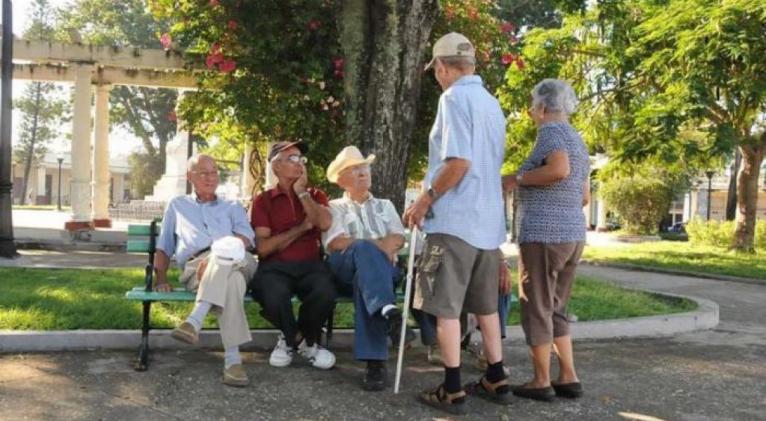Cuba ranks 67 in Human Development Index in the world
especiales

Cuba moved two positions up, to the 67th place, among the 188 nations that present data on human development to the United Nations Development Programme (UNDP) once again placing the island among the countries with the highest levels of human development in the world.
The Human Development Index (HDI) is a composite statistic of life expectancy, education, and income per capita indicators, explained Juan Carlos Alfonso Fraga, director of the Center for Population and Development Studies (CEPDE) of the National Office of Statistics and Information (ONEI). He added that the HDI was created to emphasize that in addition to economic growth, people and their capabilities should be fundamental criterion in assessing a country's development.
According to data provided by the ONEI, life expectancy at birth in Cuba is 79 years, ranking the island 33rd globally.
Similarly, the UNDP rates the mean years of schooling - the average number of years of education received by people aged over 25 - which in the case of Cuba totals 11.5 years, placing the island in 30th place globally.
Moreover, the UNDP takes into account the expected years of schooling, that is the total number of years of schooling (primary to tertiary) that a child can expect to receive. In Cuba, this is 13.8 years (almost up to the second year of university education), ranking the island 73rd.
Alfonso Fraga explained that the HDI assesses Gross National Income (GNI) at Purchasing Power Parity (PPP) per capita, to evaluate the standard of living of a country. In this case, Cuba is ranked 114th.
Despite this, the director noted, Cuba continues to be the country demonstrating the largest improvement, having advanced 47 places with respect to GNI. This has been possible due to the high standards of health and education on the island, demonstrating the scope of public policies implemented during the revolutionary period, he added.













Add new comment